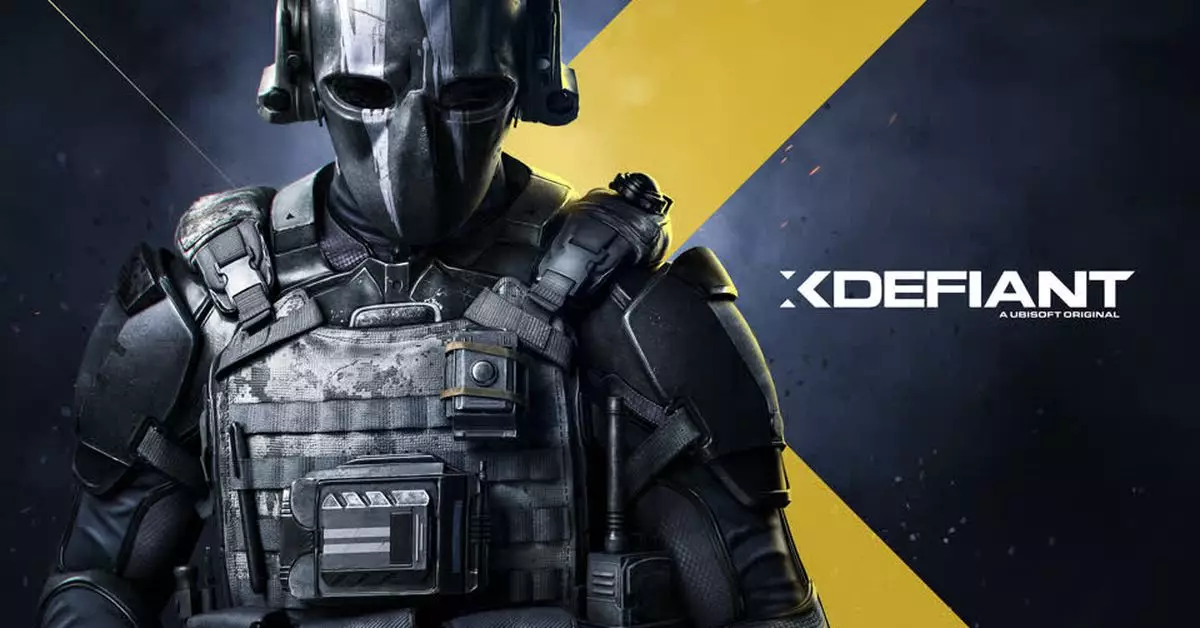In today’s fast-paced gaming environment, the lifecycle of a game can be swift and brutal. The recent announcement from Ubisoft regarding the termination of its ambitious free-to-play shooter XDefiant marks a pivotal moment in the company’s gaming strategy. Initially generating excitement and high expectations, XDefiant’s premature demise serves as a wake-up call for developers struggling to maintain player engagement in a saturated market.
When XDefiant launched in Spring 2023, it seemed poised for success, with Ubisoft proudly highlighting that the game attracted over 1 million players during its closed beta, a sign of strong initial interest. This enthusiasm was further bolstered by a reported 10 million players joining within the first two weeks of public availability. However, the gulf between this explosive onset and the stark reality of dwindling player numbers soon became apparent. Despite a promising start, the game faltered dramatically, with concurrent players reportedly dropping below 20,000 by Fall 2023.
Several factors seem to have contributed to the rapid decline in player participation. Unequivocally, game developers today face the challenge of maintaining engagement through constant updates, fresh content, and robust community interaction. XDefiant’s difficulties mirror those faced by its predecessor, Hyper Scape, which also struggled to retain player interest after an initial surge. As game developers, it is crucial to recognize that attracting players is only half the battle; keeping their interest requires a well-executed strategy that evolves with community feedback and industry trends.
Lessons from XDefiant’s Shutdown
Ubisoft’s decision to end support for XDefiant signals more than just the fate of one game; it reflects broader industry challenges in delivering consistent player value. The company has pledged that existing players who joined before December 3, 2024, will still have access to the game until its servers are shut down in June 2025. This gesture may help ease the sting for loyal players, but it serves as a reminder that without a sustainable model for engagement, even well-marketed games can face abrupt endings.
A critical analysis reveals that ample attention must be granted to player feedback during the early stages of a game’s lifecycle. Ubisoft appears to have missed opportunities to adapt XDefiant post-launch based on what its player base truly wanted. Engaging with the community, experimenting with gameplay mechanics, and promptly addressing user concerns could have altered the trajectory of its engagement and retention rates significantly.
The fate of XDefiant is not just a cautionary tale for Ubisoft but for all game developers navigating the complexities of player expectations in an ever-evolving landscape. The lessons learned from this shut down should inform future endeavors; prioritizing ongoing community engagement, adapting swiftly to player feedback, and continuously refreshing content are paramount to building a sustainable gaming experience.至 As the gaming community reflects on this latest closure, it is essential to remember that each game’s end can catalyze innovations that redefine future releases.

